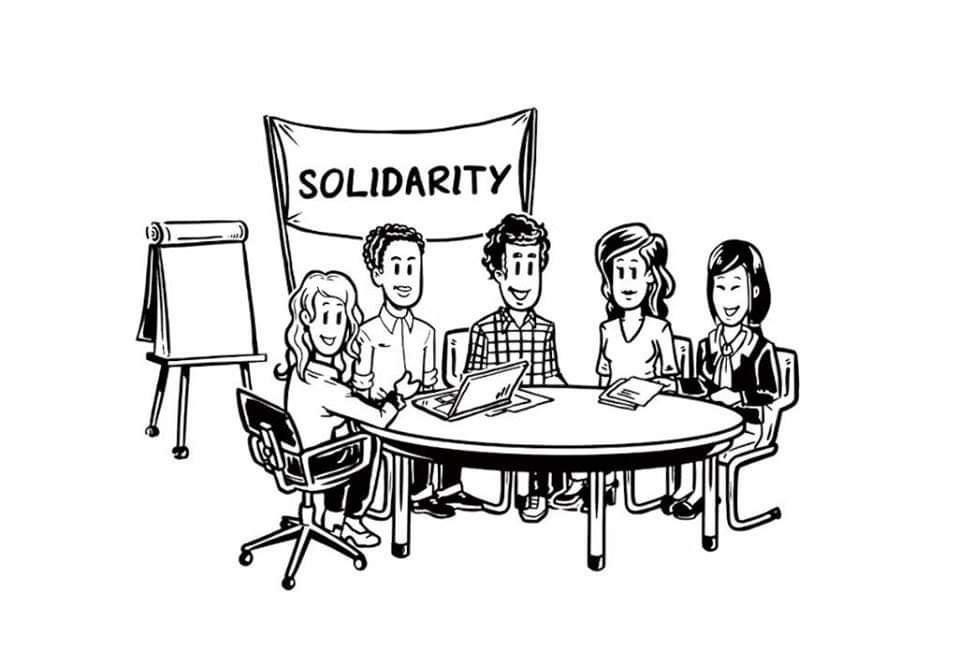
CUPE 3906 October 2024 General Membership Meeting (GMM) Materials
Our equity statement and land acknowledgement statement are here.
Minutes of our last GMM (September 2024) are available here.
Minutes of our recent GMM (September 2024) are available here.
The Agenda for today’s GMM is available here.
The October 2024 Executive Reports that have been submitted are available here (the Treasurer’s Report will be shared on-screen during the meeting).
CUPE 3906 Rules of Order booklet.
Process and Tips for an Efficient Meeting
Glossary of Parliamentary Procedure Handbook – click here. This booklet provides some definitions and examples of commonly used GMM terms, such as ‘point of order’ and ‘adjournment.’
You can find a CUPE 3906 Rules of Order booklet here, which helps to explain – in simple and practical terms – some of the more complex aspects of meetings.
Additional Reminders
Upcoming General Membership Meetings **all dates and times tentative**
These are our proposed dates for Fall 2024:
- Thurs November 21 @ 2PM
- Tues Dec 10th @ 2PM
Joint Health and Safety Committee
Ideas for health and safety improvements in your workplace? Interested in joining your Joint Health and Safety Committee (JHSC)? Take a look on our webpage and contact healthandsafety@cupe3906.org.
Indigenous Solidarity Working Group
ISWG works to educate folks on the historical and ongoing local struggles for Indigenous self-determination in these Haudenosaunee & Anishinaabe territories. ISWG is committed to supporting Indigenous sovereignty & traditional self-governance by and for Indigenous nations.
For example, ISWG runs community impact funds that support Indigenous peoples & communities by offering up to $500 per applicant per year towards housing, groceries, bills, and community events & programming, food banks, & more.
You can follow ISWG on Instagram to stay updated with the work and donate to our GoFundMe page to support our decolonial efforts.
https://www.instagram.com/iswgcupe3906/
So you want to get something done at a GMM (ie/ pass a motion)?
If there is something you want to happen at a GMM, in most cases you’ll need to introduce a motion to get that thing done.
Motions are used to direct action and generally take the form of “I move that…” or “Be it resolved that….” Any member may move a motion at a meeting, as long as it directly relates to the agenda item under discussion. Motions must be seconded by another member prior to discussion commencing. Motions must pass by majority vote (50%+1), with some exceptions (see chart below).
Any member may move a substantive or procedural motion as long as it is ‘in order’ (ie/ doesn’t violate the by-laws or the rules of order). A substantive motion, or one containing a number of considerations, should ideally be prepared in writing and given to the chair, preferably in advance of the meeting.
Some motions are made more frequently than others. While every ‘actionable item’ requires a motion (and a seconder), these are some commonly made motions that can serve as a guideline.
Donation – I move that we donate $ (Insert amount) to (name of organization) in support of (the cause ie/ their on-going strike, their annual fundraiser etc.)
More information can be found in the CUPE 3906 Rules of Order booklet.
